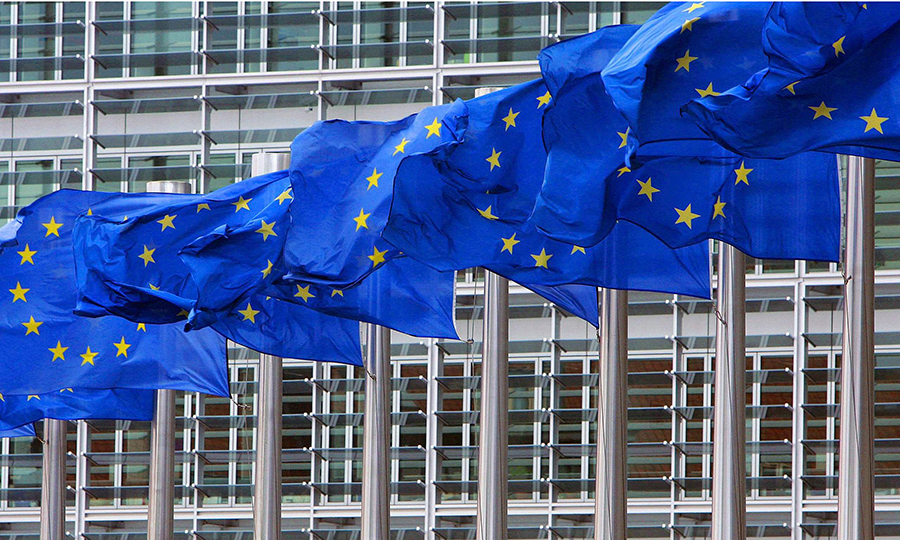European Commission allocated €140 million for EaP states, including Georgia, to combat coronavirus
As part of the global response to the coronavirus outbreak, the European Commission stands by Eastern partner countries and has reallocated €140 million for the most immediate needs in Armenia, Azerbaijan, Belarus, Georgia, the Republic of Moldova, and Ukraine. In addition, the Commission will also redirect the use of existing instruments worth up to €700 million to help mitigate the socio-economic impact of the coronavirus crisis.
Commissioner for Neighbourhood and Enlargement Olivér Várhelyi said: “These are very difficult times not only for the EU, but for our partner countries as well. We are doing all we can to mitigate the impact of the coronavirus outbreak on human lives and livelihoods. We are responding both to the immediate needs of the health systems, as well as longer term needs to the most vulnerable groups in society and small and medium-sized enterprises, which are the backbone of the economies in the six countries.”
As the European Commission points out, at the request of the partner countries, the Commission will respond to immediate needs by supporting the supply of medical devices and personal equipment, such as ventilators, laboratory kits, masks, goggles, gowns, and safety suits.
“The European Commission is working with the World Health Organisation (WHO), and is deploying €30 million to ensure these necessary supplies are jointly purchased and effectively distributed to the health systems of the six countries in the coming weeks. In addition, the funds will support national health administrations to train medical and laboratory staff and carry out awareness raising measures to the wider population”, – reads the statement by the European Commission.
The Commission has also made available more than €11.3 million in small grants to civil society organisations. These funds are already responding to immediate needs, through the ongoing regional “Rapid Response Mechanism”, such as supporting local schools with distance learning. By the summer, and as part of this package, the Commission will launch the “Eastern Partnership Solidarity Programme” which will target the most affected parts of the populations through civil society support and notably sub-grants to smaller, local organisations.

